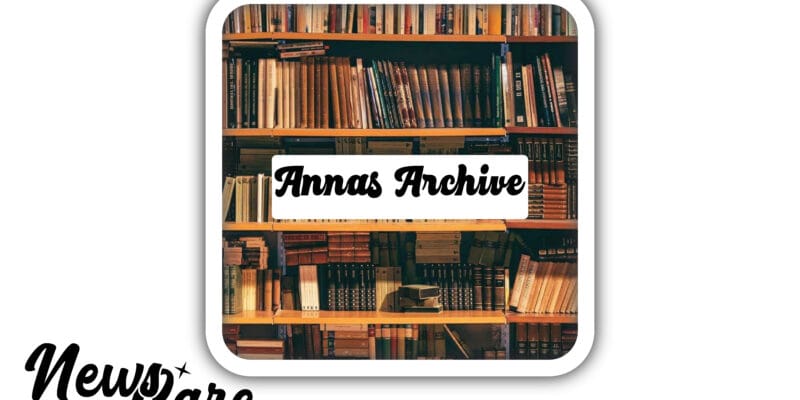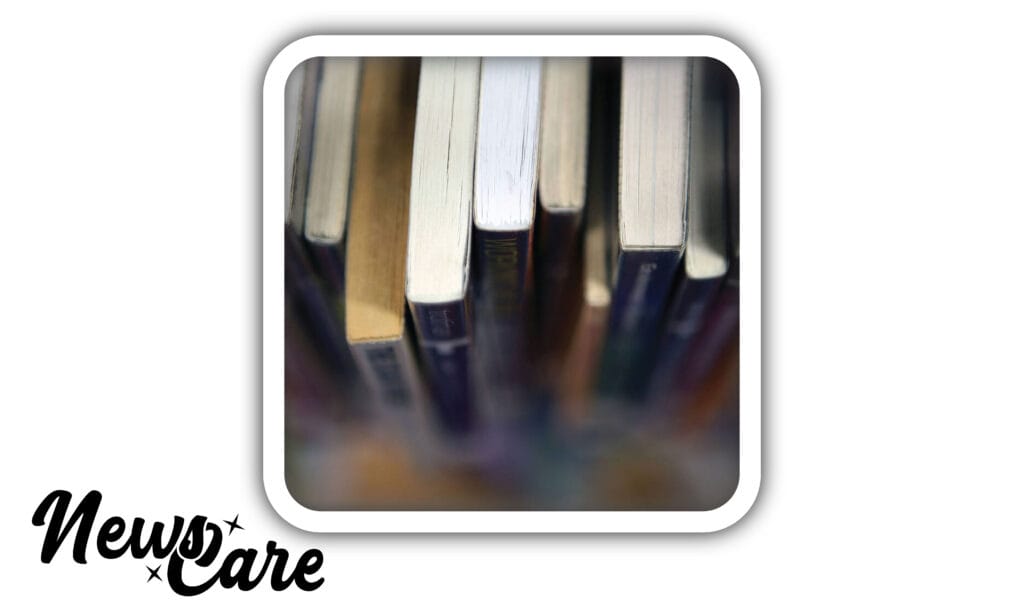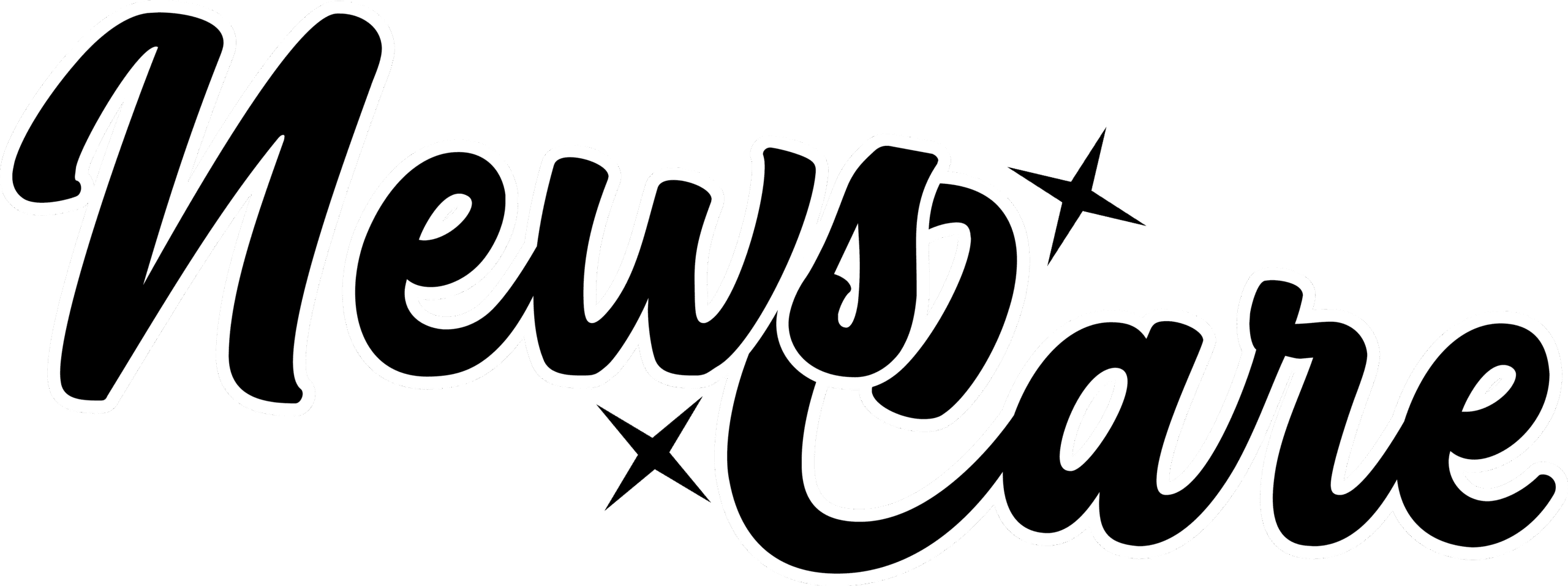
Annas Archive is one of the most talked-about websites in the world of free digital books. It started in 2022, just days after the popular Z-Library was taken offline. Many readers were looking for a place to continue finding books, research papers, and articles. The site grew very quickly and became a powerful search engine for online libraries. But before using it, there are important things you need to know about safety, legality, and risks.
What Exactly Is Annas Archive?
Annas Archive is not a library itself but works as a search tool. It connects to different sources, including LibGen (Library Genesis), Sci-Hub, and even parts of Z-Library. Instead of hosting books directly, it shows you where files can be found. This makes it more like a map of shadow libraries. Many people also search for it with names like annas archives, annas-archive, anas archive, or anna’s archives.
The project started as part of the Pirate Library Mirror, which had already been saving copies of shadow libraries. When Z-Library was seized, the founder—known only as “Anna”—decided to launch Annas Archive. The mission was to preserve knowledge and give free access to everyone, no matter their country or income.
Why Did Annas Archive Appear?
The sudden closure of Z-Library in November 2022 shocked millions of students and readers. Many lost their only free access to textbooks and research. To fill this gap, Annas Archive went live and quickly indexed millions of files. Reports suggest it now lists more than 52 million books and 98 million research papers. That number grows as mirrors and torrents are added.
While supporters call it a heroic project for education, publishers and governments see it as massive piracy. This conflict is why Annas Archive has faced lawsuits, domain blocks, and political pressure since its birth.
How Does It Work?
Using Annas Archive is simple. You type a book title, author, or keyword into the search bar. The site then shows results from connected libraries. Each link points to an outside server where the file can be downloaded. The site does not store the books itself but acts as a bridge between the reader and the source.
There are two main options for downloads. Free users get slower access, while members who pay receive faster downloads. This has caused debates because the site claims to be non-profit, yet it accepts money for speed and server costs. Some reports even say the team offers bulk access deals to AI companies.
Where Does It Get Content?
Annas Archive gathers data from different digital libraries. The most common ones are LibGen, Sci-Hub, and Z-Library mirrors. It also includes metadata from Open Library and WorldCat, which are legal services. However, the actual files often come from pirate sources. That is why people ask questions like: “Is Anna’s Archive safe?” or worry about an annas archive virus.

The truth is that the safety depends on where the file is stored. Since many downloads are hosted on unknown servers, the risk of malware or fake files is always present.
Legal Problems and Blocks
The legal fight against Annas Archive started quickly. In Italy (2024), the regulator AGCOM ordered internet providers to block the site after publishers complained. Soon after, a court in the Netherlands told ISPs to do the same. By 2025, Belgium also blocked Annas Archive, LibGen, and other shadow libraries.
The website also appears in the USTR “Notorious Markets” report, which lists services linked to piracy. Although not a direct legal ruling, this puts political pressure on the project. Publishers argue that free access destroys sales and harms authors. Supporters, however, say blocking knowledge only widens the gap between rich and poor.
The OCLC Lawsuit
One of the biggest legal challenges is the case brought by OCLC, the company behind WorldCat. They accuse Annas Archive of scraping millions of records from their database without permission. The lawsuit was filed in U.S. federal court. At first, an individual linked to the site was named, but in April 2025, he was dropped from the case. The legal battle continues against the project itself.
The case is unusual because it raises new questions about data scraping and digital rights. Judges have even asked the Ohio Supreme Court to help answer complex issues. This shows how different the world of shadow libraries is from normal copyright disputes.
Safety Risks – Is Anna’s Archive Safe?
One of the most common questions is: “Is Anna’s Archive safe?” The answer is mixed. The site itself is just a search engine, but the files it links to may be dangerous. For example, PDF files can contain malware, hidden links, or harmful scripts. Cybersecurity experts often warn that infected PDFs are one of the most common online threats.
Another risk comes from fake websites. Because the name is popular, many impostor sites pretend to be Annas Archive. These copies may push ads, steal data, or spread viruses. Users searching “annas archive virus” are often victims of these fake domains, not the real project.
To stay safe, it is important to:
- Scan downloads with antivirus software.
- Keep PDF/EPUB readers updated.
- Avoid suspicious ads and pop-ups.
- Stick to public domain or open-access works when possible.
Why Do People Still Use It?
Despite risks, Annas Archive has become essential for many. Students in countries where textbooks are too expensive often rely on it for their studies. Researchers in developing nations also use it to read paywalled academic papers that would otherwise cost hundreds of dollars.
The project’s mission of access and preservation attracts supporters. They believe knowledge should not be locked behind corporate walls. For them, the moral good of free learning is stronger than the legal risks.
Ethics and Debate
The story of Annas Archive shows the big fight between two sides:
- Supporters say: Knowledge belongs to everyone, and education should be free. The site is like a digital library for the world.
- Opponents say: Authors and publishers lose income, and piracy destroys the book industry. Laws exist to protect creative work.
This debate is not new. The same arguments were made against Napster, The Pirate Bay, and even Sci-Hub. What makes Annas Archive different is the scale of its collection and the use of open-source code that makes it harder to shut down.
Technology Behind Annas Archive
Annas Archive is designed to survive. Its code and data are open source, released under CC0, meaning anyone can copy or build on it. The team also uses torrents and sometimes IPFS (a peer-to-peer system) to share backups. This makes it almost impossible to erase. Even if one domain is blocked, new mirrors quickly appear.
This resilience is similar to the history of The Pirate Bay, which survived countless shutdown attempts. The difference is that Annas Archive focuses on books and research rather than movies or music.
The Many Names People Search
Because of its popularity, readers search the site with many spellings:
- annas archives
- annas-archive
- anas archive
- annasarchive
- ana’s archive
- anna’s archives
- annas library
All these terms point back to the same project. Some names, like annas library, are simply common mistakes. But for search engines, they show how much global interest exists.
Connection With Telegram
In January 2025, Telegram removed channels connected to Z-Library and Annas Archive. This was after copyright complaints from publishers. These channels were popular because they gave updates and mirror links. Their removal shows how copyright enforcement is spreading beyond just websites to social media platforms as well.
Safer Alternatives
If your goal is to find books legally, there are safer choices:
- Project Gutenberg: Free public domain e-books.
- Internet Archive / Open Library: Huge digital archive, legal scans, and lending.
- arXiv and DOAJ: Free scientific papers.
- Local libraries: Many use OverDrive/Libby for free e-book lending.
These alternatives may not have everything, but they carry no legal or security risks.
Frequently Asked Questions
Q1: What is Annas Archive?
A1: It is a search engine for shadow libraries, connecting to sites like LibGen, Sci-Hub, and Z-Library mirrors.
Q2: Is Anna’s Archive safe?
A2: The site itself is just a search tool, but downloads may carry malware or fake files. Always use antivirus protection.
Q3: Does Annas Archive host books directly?
A3: No. It only indexes and links to external servers and mirrors where files are stored.
Q4: Why is Annas Archive blocked in some countries?
A4: Courts in Italy, Netherlands, and Belgium ordered ISPs to block it due to copyright infringement claims.
Q5: Are there legal alternatives to Annas Archive?
A5: Yes. Options include Project Gutenberg, Internet Archive, arXiv, and library e-book lending apps like Libby.
Final Thoughts
Annas Archive is one of the most powerful and controversial projects on the internet today. It is praised by students and researchers who cannot afford books. It is attacked by publishers, governments, and courts who see it as copyright theft. The truth lies between: it is both a lifeline for knowledge and a legal risk.
Before searching or downloading, it is important to understand both sides. Ask yourself if you need the file for education, research, or free use, and check if safer legal options exist first. Remember, the debate is not just about books—it is about the future of knowledge.
Curious for more? Dive deeper on our site now! News Care



